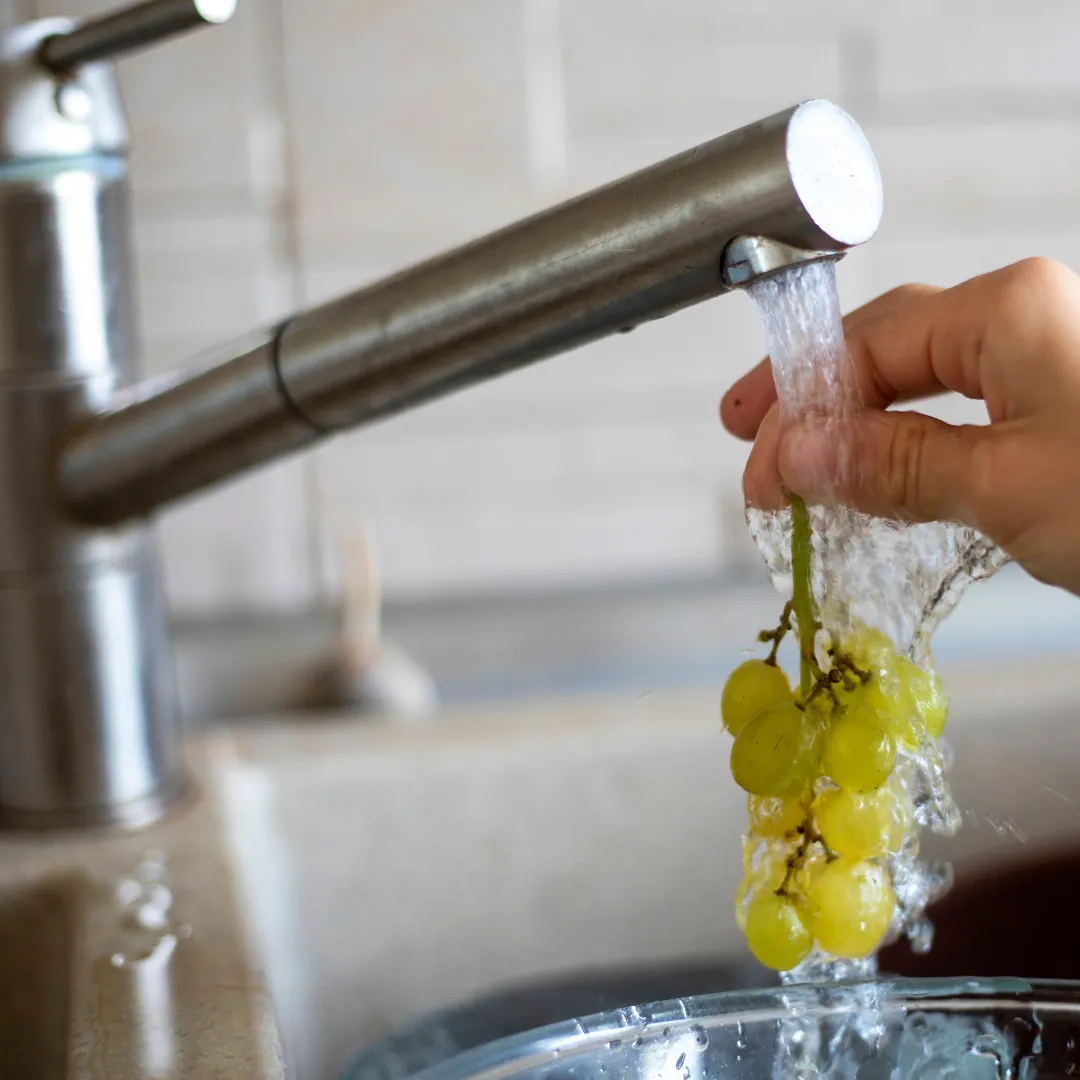Blogs

Can a Plumber Fit a Water Softener?
In the quest for softer water, which is kinder to both our homes and our skin, many homeowners ponder the feasibility of installing a water softener. This device, designed to remove minerals that cause water hardness, such as calcium and magnesium, has become a staple in many households seeking to protect their plumbing and improve their water quality. The question then arises: Can a plumber fit a water softener? This article delves into the intricacies of water softener installation and the role of professional plumbers in this process.
Understanding Water Softeners
A water softener is a unit that is integrated into a home's water supply system to treat hard water. By exchanging the minerals that cause hardness with sodium or potassium ions, water softeners can significantly reduce the build-up of limescale, thereby extending the lifespan of plumbing fixtures and appliances. The benefits of installing a water softener are manifold, including softer skin and hair, more efficient soap usage, and the prevention of scale build-up in pipes and on taps.
The Role of Plumbers in Fitting Water Softeners
Plumbers are skilled tradespeople with the expertise required to install, maintain, and repair the pipework, fixtures, and fittings that make up residential and commercial water systems. When it comes to fitting a water softener, a plumber's knowledge and experience are invaluable. Here's why:
1. Technical Knowledge: Plumbers have a deep understanding of water systems and the flow of water through a property. They can assess the best location for a water softener, ensuring it is effectively integrated into the existing system without disrupting water pressure or flow.
2. Installation Expertise: Fitting a water softener involves more than just connecting it to the water supply. It requires precise adjustments to the plumbing system, including the installation of bypass valves to allow the system to be serviced without disrupting the water supply. Plumbers have the tools and expertise to carry out these adjustments efficiently and safely.
3. Compliance with Regulations: Water systems are subject to various local and national regulations to ensure they are safe and do not contaminate the water supply. Professional plumbers are familiar with these regulations and can ensure that the installation of a water softener complies with all relevant standards, avoiding potential legal issues.
4. Problem-Solving Skills: Every home's water system is unique, and unexpected issues can arise during the installation of a water softener. Plumbers are adept at troubleshooting and can quickly identify and resolve any problems, ensuring the system works as intended.
DIY vs Professional Installation
While some homeowners may consider installing a water softener themselves, it's important to weigh the benefits of professional installation. A plumber not only ensures the system is installed correctly but can also provide valuable advice on the type of water softener best suited to your home's needs. Furthermore, professional installation often comes with a warranty, offering peace of mind that any future issues will be promptly addressed.
In summary, a plumber can indeed fit a water softener, and their expertise is crucial in ensuring the installation is successful and compliant with regulations. By entrusting this task to a professional, homeowners can enjoy the full benefits of softer water without the hassle and potential pitfalls of a DIY installation. Whether you're looking to protect your appliances, improve your water quality, or simply enjoy the luxury of softer water, get in touch with us for more information.

Areas Covered:
Address: North Norfolk, Hertfordshire and Bedfordshire